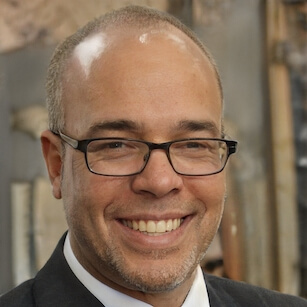C-Level Executive Assistant Interview Questions
The ultimate C-Level Executive Assistant interview guide, curated by real hiring managers: question bank, recruiter insights, and sample answers.
The ultimate C-Level Executive Assistant interview guide, curated by real hiring managers: question bank, recruiter insights, and sample answers.


















"My free resume review was truly eye-opening. I found out why I wasn't getting interviews and exactly what to add to get past resume screeners. I've already had way more callbacks since I used it. I recommend it to all my friends who are job searching."

"Probably the best thing I've done this year. Showed me what my strengths were and the jobs and industries I should be focusing on. The most impactful part though was how it identified this spiral I'd been doing subconsciously - yikes, freakishly accurate."

Thank you for the checklist! I realized I was making so many mistakes on my resume that I've now fixed. I'm much more confident in my resume now.